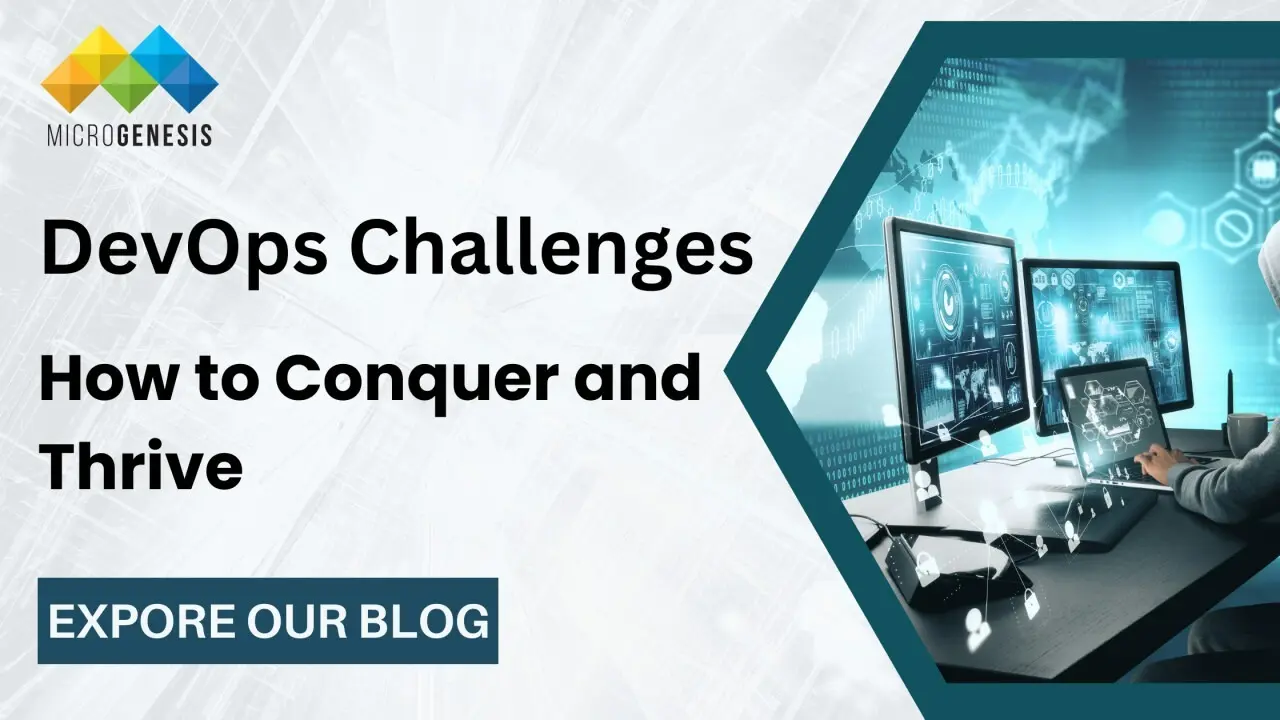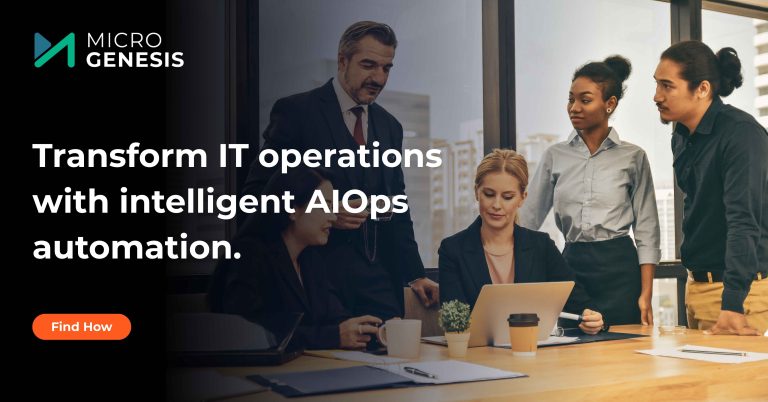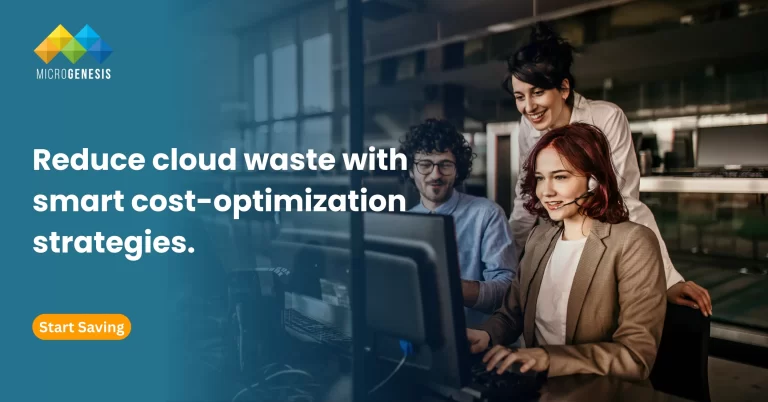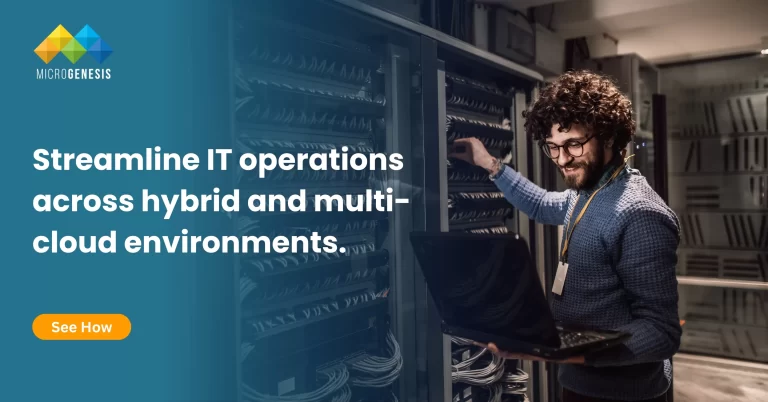DevOps promises shorter software development life cycles (SDLC) and faster product releases. According to a report published in the CIO, “High-performing IT organisations deploy 200 times more frequently than low performers, with 2,555 times faster lead time.” This is attributed to effective DevOps implementation.
According to a 2023 Statista study with 18,000+ respondents from across the world, DevOps was rated as the second highest in-demand tech skill with 35% votes. The significantly large talent requirement points to the penetration and utility of DevOps.
However, DevOps implementation isn’t exactly a cakewalk. The process is often associated with DevOps challenges. It is not an exaggeration to say that your business may hit a goldmine if you overcome these challenges. Engaging a DevOps services provider can provide the expertise and guidance needed to navigate these obstacles effectively, ensuring a smoother and more successful implementation.
For those exploring DevOps topics to research or looking for examples of DevOps, information is step one towards successful implementation. So here’s a quick dive into some common DevOps challenges, and solutions to help you navigate them successfully.
Top DevOps Challenges in 2024 and How to Solve For Them
Even with its several advantages, implementing DevOps comes with demanding situations. It is a cultural shift. Let’s discover some of the most common challenges with DevOps implementation in 2024 and look into some realistic measures to overcome them.
- Inconsistent Environment
- Issue: Development, testing, and production environments regularly fluctuate in Agile models, leading to DevOps problems extending deployment duration.
- Solution: Consider Infrastructure as Code (IaC) tools like Terraform or Ansible to standardise environments across all levels. This may guarantee consistency and reduce the “it works on my system” trouble.
- Manual Testing and Deployment
- Issue: Manual procedures are time-consuming, susceptible to human errors, and may delay deployment.
- Solution: Implementing strong access control practices and using secret management tools like HashiCorp Vault, AWS Secrets Manager, or Azure Key Vault may help. Regular audits and adherence to exceptional security practices are critical to mitigate risks and for successful DevSecOps implementation. Incorporating these measures within your DevOps services ensures robust security and seamless operations across your development and deployment pipelines.
Click here to read how continuous improvement can enable successful DevOps implementation.
- Skill gaps in DevOps and SDLC
- Issue: 37% of IT leaders say that the biggest technical skills gap is in DevOps and DevSecOps.Teams might struggle with the ability to adapt quickly or lack the essential skills to successfully implement DevOps practices.
- Solution: Upskilling sessions are an investment. Support with sources for DevOps topics to learn, examples of automation in DevOps, and DevOps real-time scenarios. Encourage certifications and hands-on workshops to build competence.
- Software Development Life Cycle (SDLC) Practices
- Issue: Outdated change management practices can introduce bottlenecks and slow deployment.
- Solution: Adopting agile methodologies and combining change management into your CI/CD pipelines is a probable realistic solution. Use tools like Jira or Confluence to streamline workflows and track and manage adjustments.
- Tool Integration from Different Domains
- Issue: Integrating tools from various domains can be challenging and can lead to compatibility issues, impacting deployment timelines.
- Solution: Choose a unified platform or use integration tools like Zapier, Microsoft Power Automate, or MuleSoft to ensure seamless interplay. This allows easy multitasking and enhances productivity.
Read more about the best practices for digital transformation with DevOps here.
- Poor Access Control and Configuration Management
- Issue: Inadequate access management of configuration data (secret manager) can result in security vulnerabilities and data breaches, failing DevOps.
- Solution: Implementing strong get-entry-to-control practices and using secret control tools like HashiCorp Vault, AWS Secrets Manager, or Azure Key Vault may help. Regular audits and adherence to exceptional security practices are critical to mitigate risks and for successful DevSecOps implementation.
- Incentive-Driven Approach
- Issue: Focusing entirely on incentives can lead to quick fixes in place of long-term solutions, impeding effective DevOps implementation.
- Solution: Foster a tradition of non-stop development and collaboration. Encourage a mindset in which long-term achievements and sustainable practices are prioritised over quick wins. Align incentives with the overall targets of quality and efficiency.
Solving the Challenges of DevOps with MicroGenesis
At MicroGenesis, we empower companies to successfully overcome challenges with DevOps by emphasising communication and collaboration, and integration and automation between your teams. Our comprehensive approach consists of:
- Assessment and Strategy: We evaluate your modern tactics and develop a tailored DevOps approach. We offer unique insights into your present workflows and pick out key areas for improvement.
- Tools Integration: We ensure seamless integration of successful examples of DevOps tools. Our specialists help you pick out the right software/APIs and ensure they work together harmoniously.
- Automation: MicroGenesis assists with DevOps automation to improve performance metrics and decrease load on resources. Automation is a cornerstone of DevOps, and we help you leverage it optimally.
- Continuous Improvement: We encourage a culture of continuous cycles – continuous integration, continuous testing, continuous monitoring and delivery through carefully planned DevOps. We help you stay ahead of the curve by supporting you improve the speed, accuracy and quality of your SDLC cycle.
Conclusion
Overcoming common DevOps challenges requires a strategic approach, practical solutions, and a commitment to continuous improvement. By addressing issues such as cultural resistance, tool integration, and workflow optimization, organizations can create a more efficient, collaborative, and productive environment. Engaging a digital transformation consultant from MicroGenesis can further streamline this process, offering expert guidance and tailored DevOps solutions to navigate the complexities of DevOps. Embrace these strategies to enhance your DevOps practices and drive your team’s success in today’s fast-paced technological landscape.
FAQs
Q1: What are the main challenges with DevOps implementation?
Ans: Some common DevOps challenges include inconsistent ecosystems, manual processes, inadequate access control, skill gaps and lack of compatibility between multiple tools.
Q2: How can I overcome the challenge of integrating tools from different domains?
Ans: Use integration tools or unified platforms to ensure seamless tool interaction. Solutions like Zapier, Microsoft Power Automate, and MuleSoft can facilitate smooth workflows. MicroGenesis is a leading DevOps consulting services provider that can help you choose the right tools.
Q3: Why is it important to automate testing and deployment?
Ans: Automation reduces human errors, saves time, and improves the quality of your output. It enables faster delivery and more reliable deployments, enhancing overall efficiency.
Q4: What role does training play in DevOps adoption?
Ans: Training is crucial to equip your team with the necessary skills and knowledge to implement DevOps services in the continuously evolving world of technology. Investing in continuous learning and upskilling ensures that your team can navigate the complexities of DevOps and stay updated with the latest trends.











